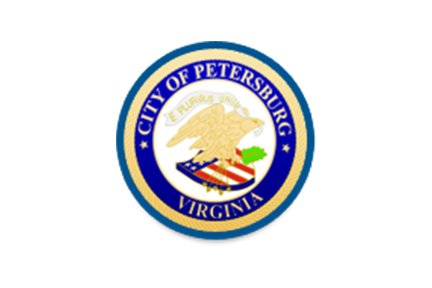Court rules that Christian-only prayers at government meetings are OK
Jeremy M. Lazarus | 10/7/2016, 6:55 p.m.
The 4th U.S. Circuit Court of Appeals has ruled that governments do not violate the church-state barrier when elected community leaders exclusively deliver Christian prayers to begin meetings.
The 2-1 decision in a case involving Rowan County, N.C., represents a blow to non-Christians who feel excluded from such prayers and to First Amendment advocates that have sought to require more ecumenical prayer.
However, the Sept. 20 decision limited its focus to legislative prayer and did not indicate any change in court restrictions that bar public schools from requiring students to say prayers before or during classes or at extracurricular events.
Writing for the majority, Judge G. Steven Agee overturned a lower court decision in finding that courts cannot interfere with prayers delivered at government meetings except for those that “over time denigrate, proselytize or betray an impermissible government purpose.”
Judge Dennis W. Shedd joined the decision that drew a stinging dissent from the third judge on the panel, Judge J. Harvie Wilkinson III, who argued that the majority was allowing a seat of government to begin “to resemble a house of worship.”
The case involving Rowan County challenged the county’s practice of having one of the five elected commissioners offer a prayer at monthly meetings. All five are Christian. The decision, though, affects the prayer practices of governing bodies in Virginia, the Carolinas, West Virginia and Maryland — the states subject to the court’s rulings.
The decision was a victory for the Alliance Defending Freedom, the National Center for Life and Liberty and the Liberty Institute, which defended the county against the American Civil Liberties Union’s challenge to the practice of promoting exclusively Christian prayers. The ACLU has not indicated whether it would appeal the decision.
The appeals panel’s decision expands on a 2014 decision of the U.S. Supreme Court in a case involving the Town of Greece, N.Y. In a 5-4 decision, the nation’s highest court found the town’s practice of having a rotating group of almost exclusively Christian clergy offer prayers to open government meetings did “not discriminate” against minority faiths and did not coerce participation by non-Christians.
In the Rowan case, Judge Agee made it clear that the decision was decisive.
“Under the Supreme Court’s most recent decision explaining legislative prayer, Town of Greece v. Galloway, we find the Board’s legislative prayer practice constitutional. There is a clear line of precedent not only upholding the practice of legislative prayer, but acknowledging the ways in which it can bring together citizens of all backgrounds and encourage them to participate in the workings of their government.
“On a broader level, and more importantly,” Judge Agee wrote, “the very ‘history and tradition’ anchoring the Supreme Court’s holding in Town of Greece underscores a long-standing practice not only of legislative prayer generally but of lawmaker-led prayer specifically.
“Opening invocations offered by elected legislators have long been accepted as a permissible form of religious observance,” he continued. “We decline to accept the district court’s view that legislative prayer forfeits its constitutionally protected status because a legislator delivers the invocation.
“A legal framework,” he continued, “that would result in striking down legislative prayer practices that have long been accepted as ‘part of the fabric of our society’ cannot be correct.”
In his dissent, Judge Wilkinson wrote that the Town of Greece’s use of volunteer guest ministers “is a conceptual world apart” from Rowan County’s prayer practice that allows its commissioners to feature “invocations week after week, month after month, year after year with the same” Christian faith references.
“Those prayers served to open a meeting of our most basic unit of government,” he wrote, “a local board of commissioners that passes laws affecting citizens in the most daily aspects of their lives. The prayers, bordering at times on exhortation or proselytization, were uniformly sectarian, referencing one and only one faith.
“I have seen nothing like it,” he continued. “This combination of legislators as the sole prayer-givers, official invitation for audience participation, consistently sectarian prayers referencing but a single faith, and the intimacy of a local governmental setting exceeds even a broad reading of Town of Greece.
“That case in no way sought to dictate the outcome of every legislative prayer case. Nor did it suggest that ‘no constraints remain on [prayer] content,’ ” he continued, but instead barred prayers that over time “denigrate nonbelievers or religious minorities, threaten damnation, or preach conversion.”
He wrote that kind of coercive prayer is happening in Rowan County, rather than the kind of religious welcome that ought to be in place.
Citing the terrible violence that partisans of a faith are committing overseas, he wrote, “It behooves us not to take our relative religious peace for granted and to recognize that the balance struck by (the great religion clauses in the U.S. Constitution) just may have played a part in it.
“In venues large and small, a message of religious welcome becomes our nation’s great weapon,” he stated, “never to be sheathed in this or any other global struggle,” unlike in Rowan where he sees prayer being used as a tool of exclusion that he believes deserves to be banned.






